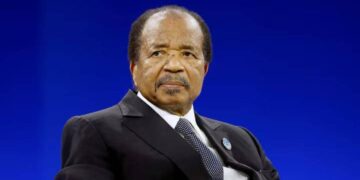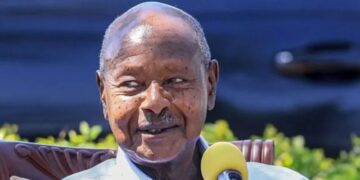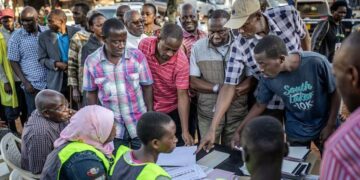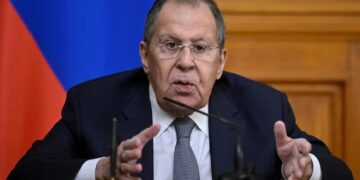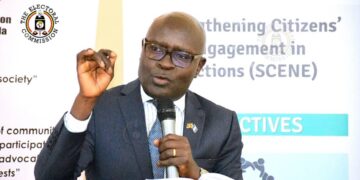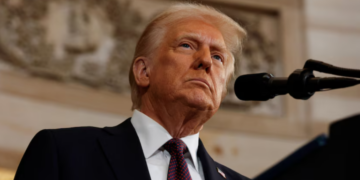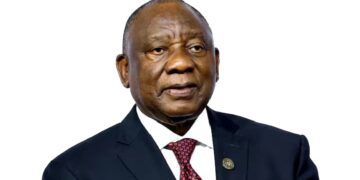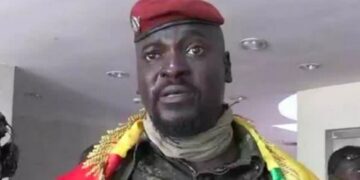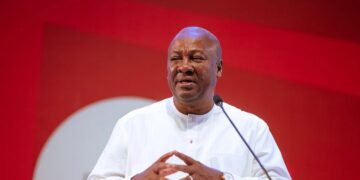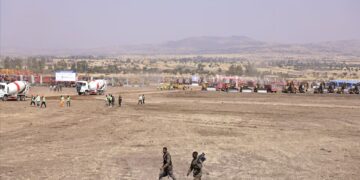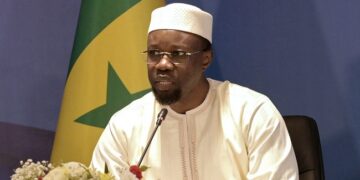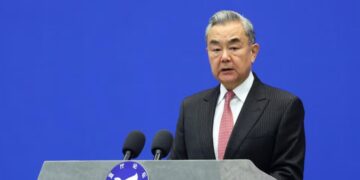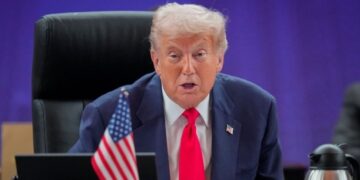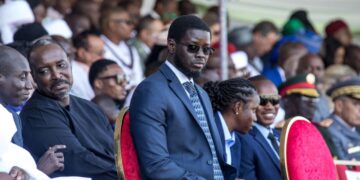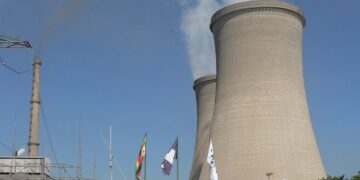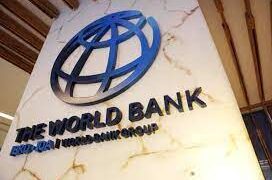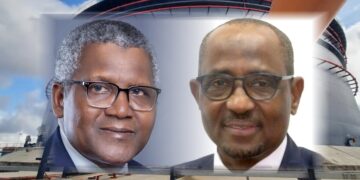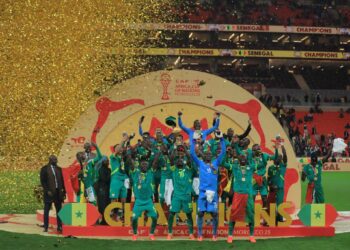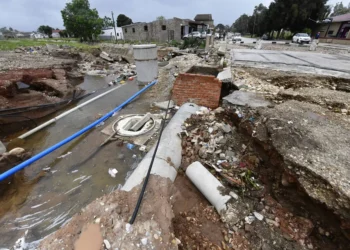By Ebi Kesiena
Cameroon’s 92-year-old president, Paul Biya, has declared his intention to seek an eighth term in office, citing “numerous and insistent” appeals for him to remain in power. Yet, this year’s election season has been marked by unusually vocal pleas for him to retire.
The first challenge came from Catholic Archbishop Samuel Kleda, who said on French radio last Christmas that it was “not realistic” for Biya to continue leading the country. Soon after, two ministers from the vote-rich northern region resigned from his cabinet, openly questioning his capacity to govern.
Adding to the dissent, Biya’s 27-year-old daughter, Brenda Biya, posted a video on TikTok last month saying her father “has made too many people suffer” and urged Cameroonians to vote him out. Although she later withdrew the statement, the clip continues to circulate widely.
Despite the criticism and mounting social and economic pressures, Biya remains the clear favourite ahead of the 12 October election in the cocoa- and oil-producing Central African nation. Analysts attribute his continued dominance to a long-standing patronage network, weak electoral structures, a loyal military, and a fragmented opposition.
“The president has managed to enforce loyalty to him and the system… Very few people in the ruling system are willing to put their heads above the parapet,” said Arrey Ntui, senior analyst for the International Crisis Group. “When it comes to the president, there is no more independent thinking. It is just a one-line story: The president is there, he’s able to run again, that’s it.”
Health Concerns Cast Shadow on Campaign
Biya, who came to power in 1982 after succeeding his former mentor Ahmadou Ahidjo, has ruled Cameroon with an iron grip for over four decades. He survived a coup attempt in 1984 and narrowly won the country’s first multiparty election in 1992 with just 40 percent of the vote.
In 2008, he scrapped the two-term presidential limit, clearing the way for further victories in 2011 and 2018, both marred by allegations of ballot stuffing and intimidation.
However, his health remains a major question mark. Biya’s prolonged absences from public life have fuelled speculation about his fitness, including a 42-day disappearance last year. The government has dismissed such concerns as “pure fantasy” and even banned public discussion on the issue.
Meanwhile, citizens continue to face daily hardship from decaying infrastructure to chronic shortages of electricity, clean water, and waste management.
Questions Over Electoral Credibility
Critics say Biya’s control over the state apparatus could again tilt the election in his favour. In July, a court disqualified Maurice Kamto, Biya’s main challenger in 2018 citing a procedural conflict involving his party’s endorsement.
Human Rights Watch said the ruling “raises concerns about the credibility of the electoral process.”
Kamto, who previously accused Biya of rigging the 2018 polls, was arrested in early 2019 after leading protests and faced insurrection charges before a military court charges his lawyers said could have carried the death penalty. He was later released in October of that year.
Political repression has long been a hallmark of Biya’s rule, with opposition figures and ordinary citizens alike wary of surveillance and arrest.
“When you take a taxi in Cameroon, you don’t know who exactly is the driver. People are afraid to speak, everybody in Cameroon wants to see their children grow, and so many stay quiet, and it empowers the regime,” said Raoul Sumo Tayo of the Institute for Security Studies in Pretoria
